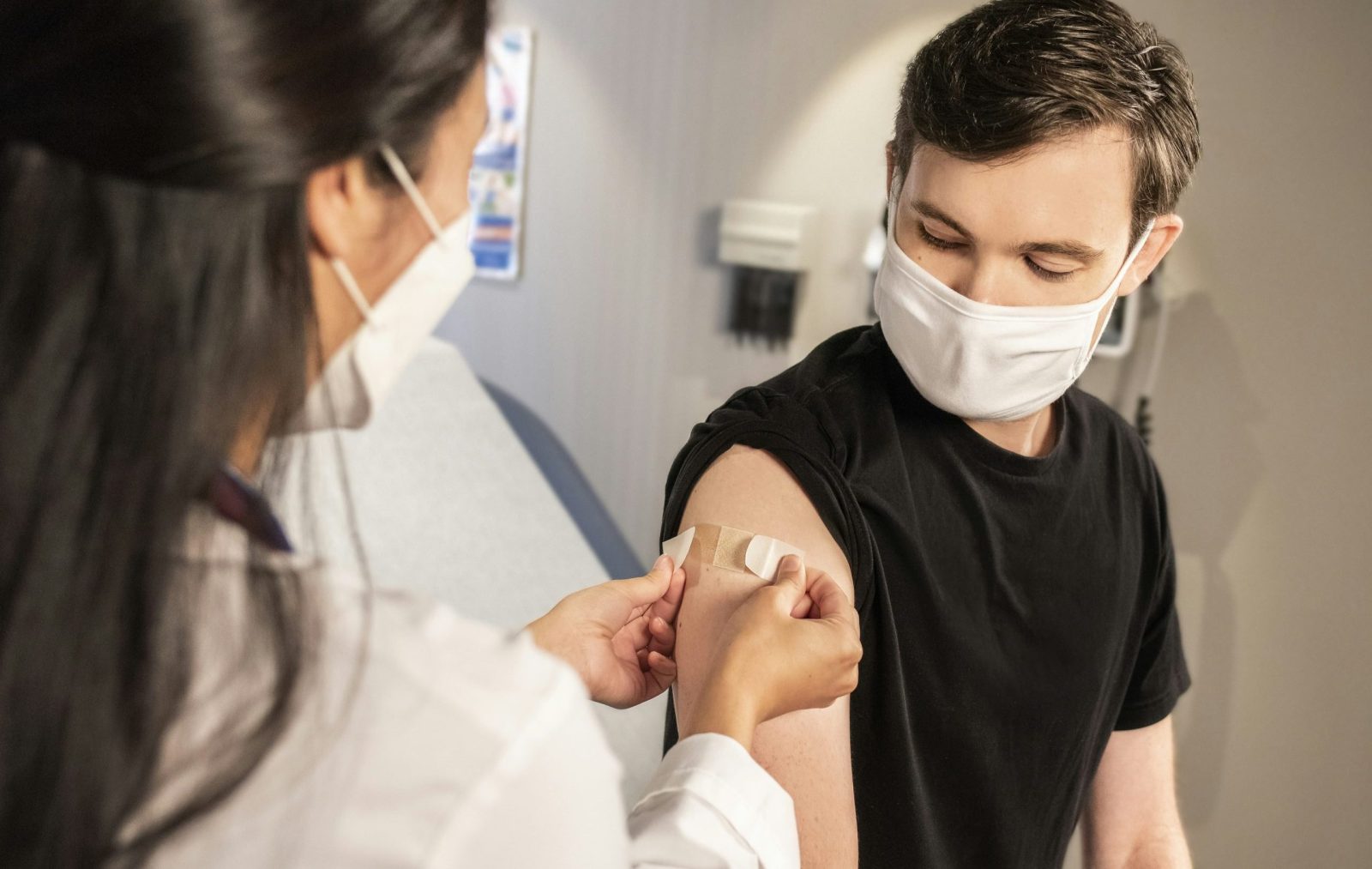When Cancer Meets Vaccine Doubt: Safeguarding the Most Vulnerable

In the fight against cancer, vaccines emerge as powerful allies, offering a multi-faceted approach to protection and treatment. Cancer-related vaccines can be categorized into three distinct strategies, each playing a crucial role in patient care.
First, preventive vaccines like those targeting hepatitis B and human papillomavirus (HPV) stand as guardians, blocking potential cancer-causing infections before they can take root. These proactive shields have revolutionized our ability to prevent certain types of cancer at their source.
Therapeutic vaccines represent another innovative front, directly engaging with existing cancer cells to stimulate the body's immune response and combat the disease. These targeted treatments offer hope for patients already diagnosed, providing a personalized approach to fighting cancer.
Perhaps most overlooked are the routine vaccines that indirectly support cancer patients. While not directly targeting cancer, these immunizations create a critical protective barrier, reducing the risk of additional infections that could complicate treatment and recovery. For patients with compromised immune systems, these vaccines become an essential insurance policy, smoothing the path to healing and minimizing potential setbacks.
By understanding and leveraging these three vaccine strategies, patients and healthcare providers can create a comprehensive defense against cancer, enhancing treatment outcomes and overall patient resilience.








